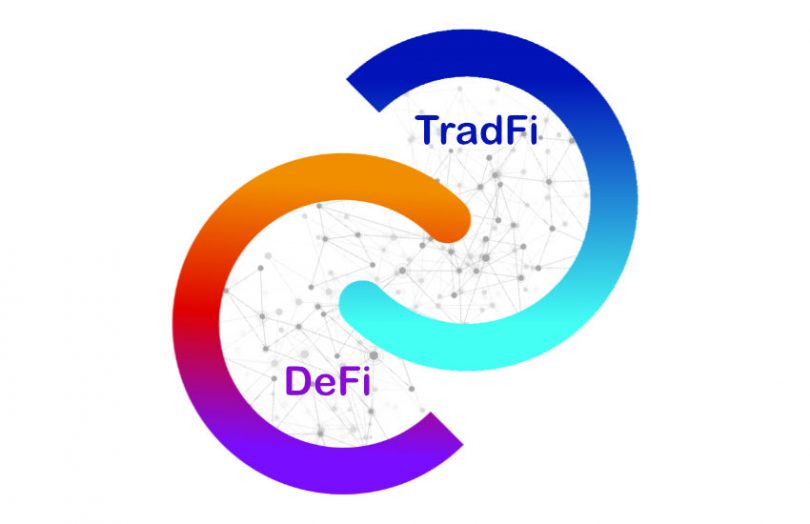This is a guest opinion post from Jake Hartley, Business Development Director at Fnality
Recent advances in technology have enabled decentralised and distributed systems to be considered as meaningful alternatives to traditional solutions and institutions. ‘Decentralised finance’ (DeFi) is characterised by its use of novel technologies – most notably distributed ledger technology (DLT), or blockchain – to offer distributed and disintermediated solutions to the problems that incumbent ‘traditional finance’ (TradFi) actors have typically addressed through centralised and intermediated operations.
A wave of innovative products and approaches has captured the imagination of the industry and has even at times cut through to the general public, with reactions ranging from scepticism to zealotry. Institutional interest in cryptocurrencies is a particularly prominent example of DeFi ideas spurring TradFi actors into committing significant resource towards the understanding, productisation and commercialisation of a distributed, peer-to-peer product underpinned by DLT. But this is only a small part of a much bigger picture.
Article continues …

Want the full story? Pro subscribers get complete articles, exclusive industry analysis, and early access to legislative updates that keep you ahead of the competition. Join the professionals who are choosing deeper insights over surface level news.






